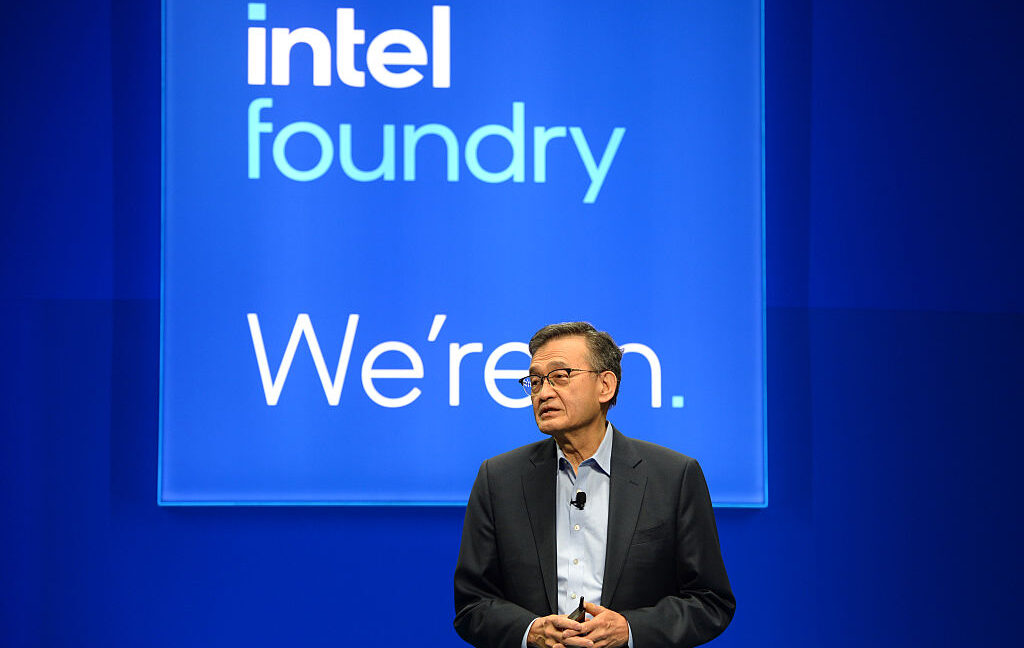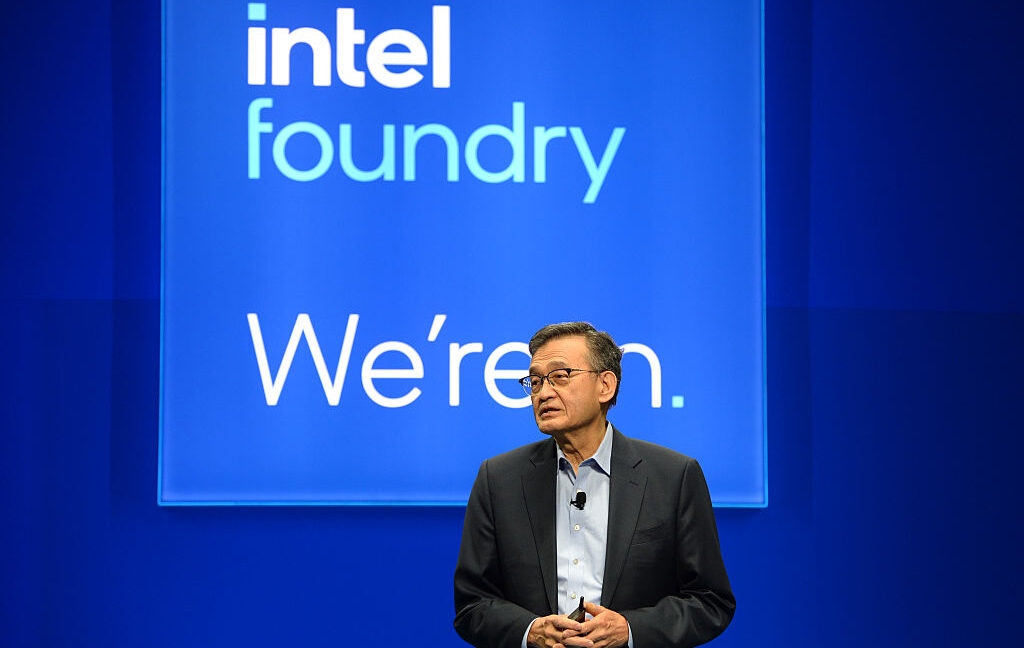Trump Demands Intel CEO Lip-Bu Tan's Resignation: What Led to This Call?

In a recent statement, Donald Trump has called for the immediate resignation of Intel's new CEO, Lip-Bu Tan, labeling him as "highly conflicted." This announcement was made through Trump's social media platform, Truth Social, signaling a call for urgent action without detailing Tan's alleged conflicts of interest.
The call for resignation arrives amid heightened scrutiny from Republican Senator Tom Cotton, who had earlier expressed concerns about Intel's security and operational integrity. Cotton's apprehensions particularly centered on Tan's connections to China, as he has been an active investor in several Chinese tech entities through his venture capital ventures based in San Francisco and Hong Kong. This investment history includes links to Semiconductor Manufacturing International Corp, China's top chip manufacturer.
Before taking over as Intel's CEO, Tan was at the helm of Cadence Design Systems, a California-based company which recently acknowledged violating US export controls by engaging with a Chinese university linked to the military. Although Intel has not responded publicly to the uproar sparked by Trump's post, the company's shares experienced a notable dip of 3% pre-market in New York.
Lip-Bu Tan's appointment as Intel's CEO took place in March following the dismissal of his predecessor, Pat Gelsinger, in December. This leadership transition at Intel, the sole advanced semiconductor producer headquartered in the US, is crucial as the company endeavors to catch up in the burgeoning AI chip sector. Despite receiving financial backing from US government subsidies to bolster its chip-making operations, Intel could potentially abandon its upcoming manufacturing technology without significant client partnerships, a situation that could potentially benefit their competitor, TSMC.
The raised security and operational questions underline Intel's responsibility towards American taxpayer money and adherence to security standards. Senator Cotton articulated in his letter to Intel's board chair, Frank Yeary, that Tan's business associations could hinder Intel's capability to meet these obligations effectively.



